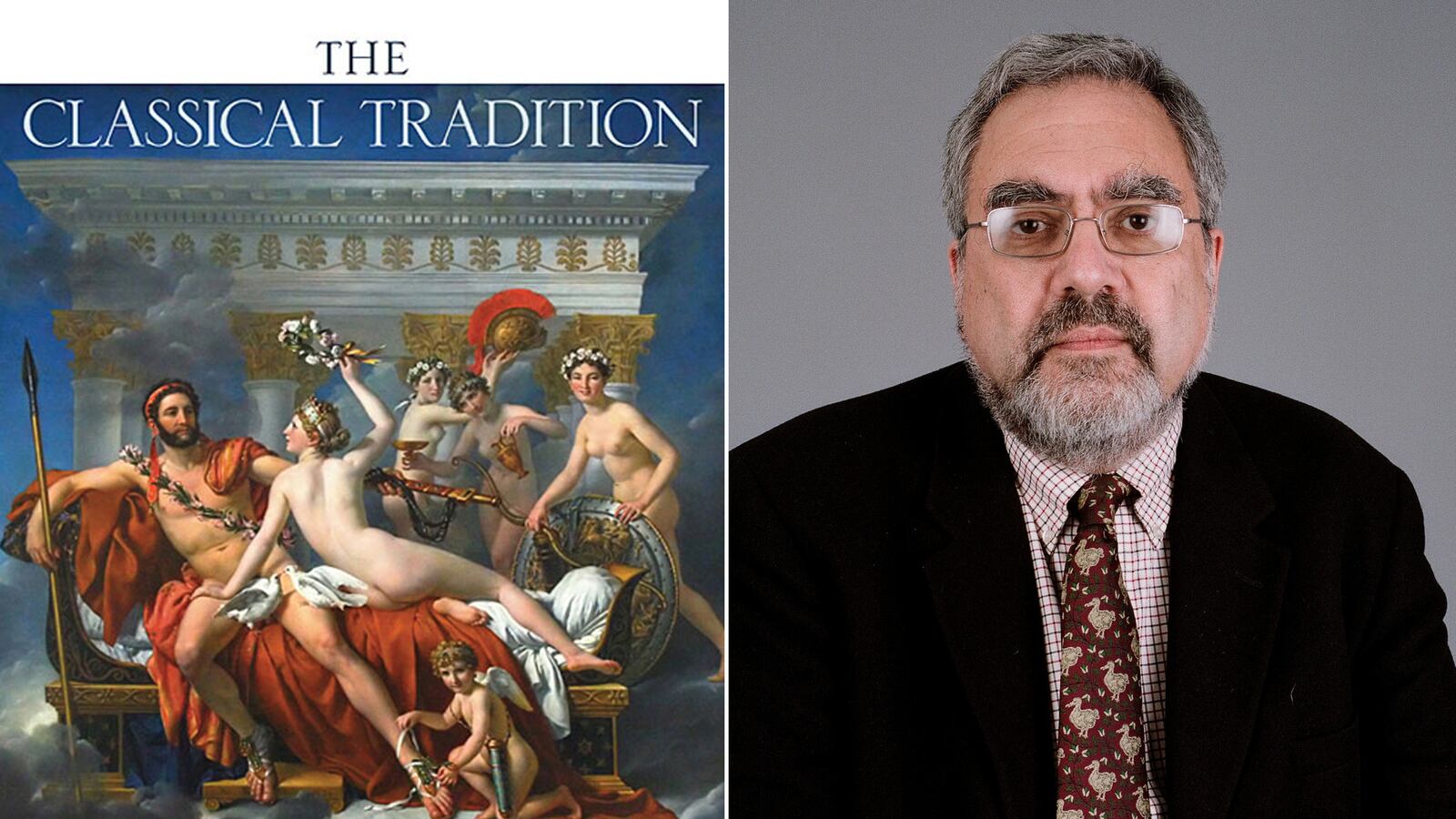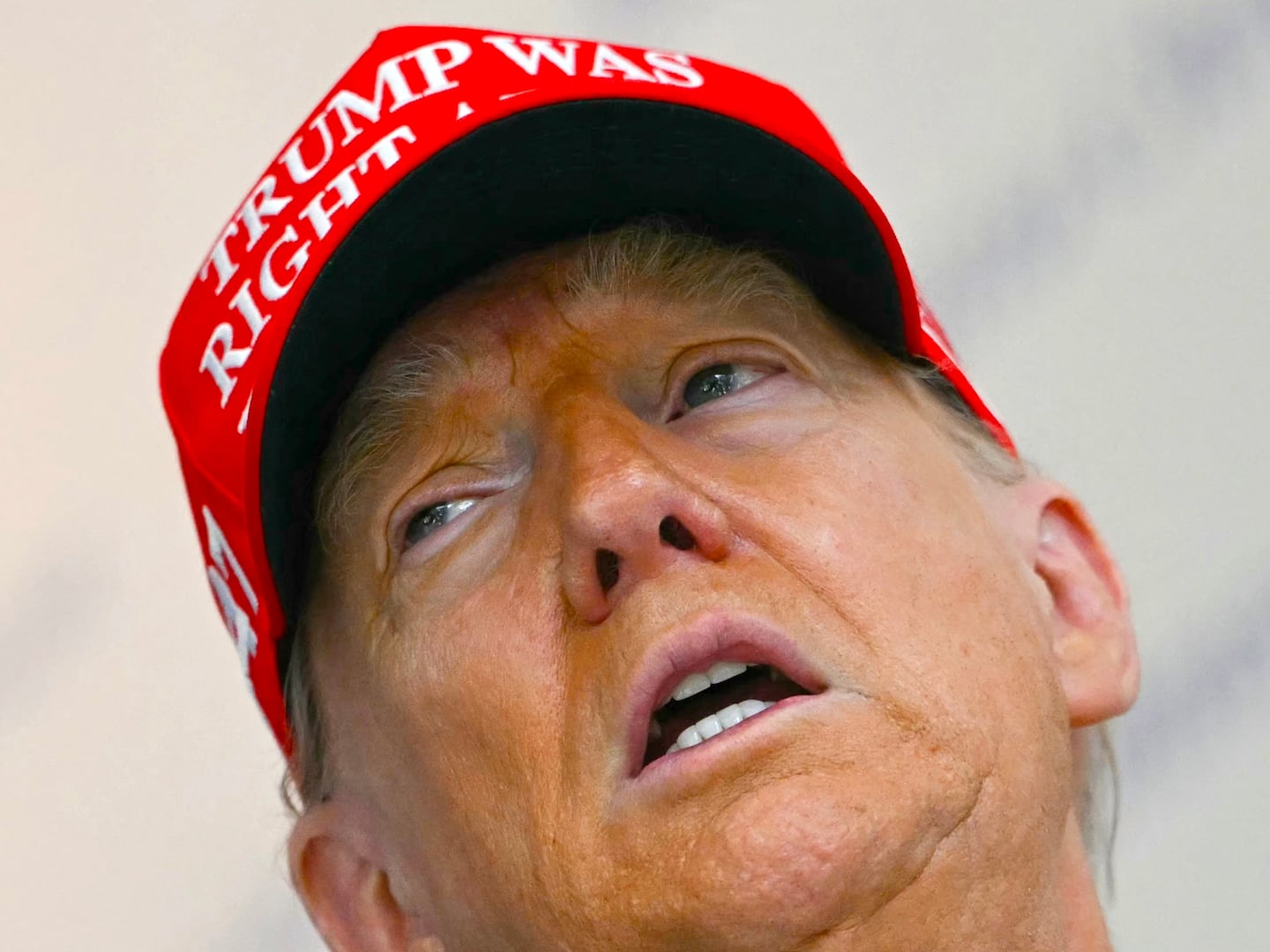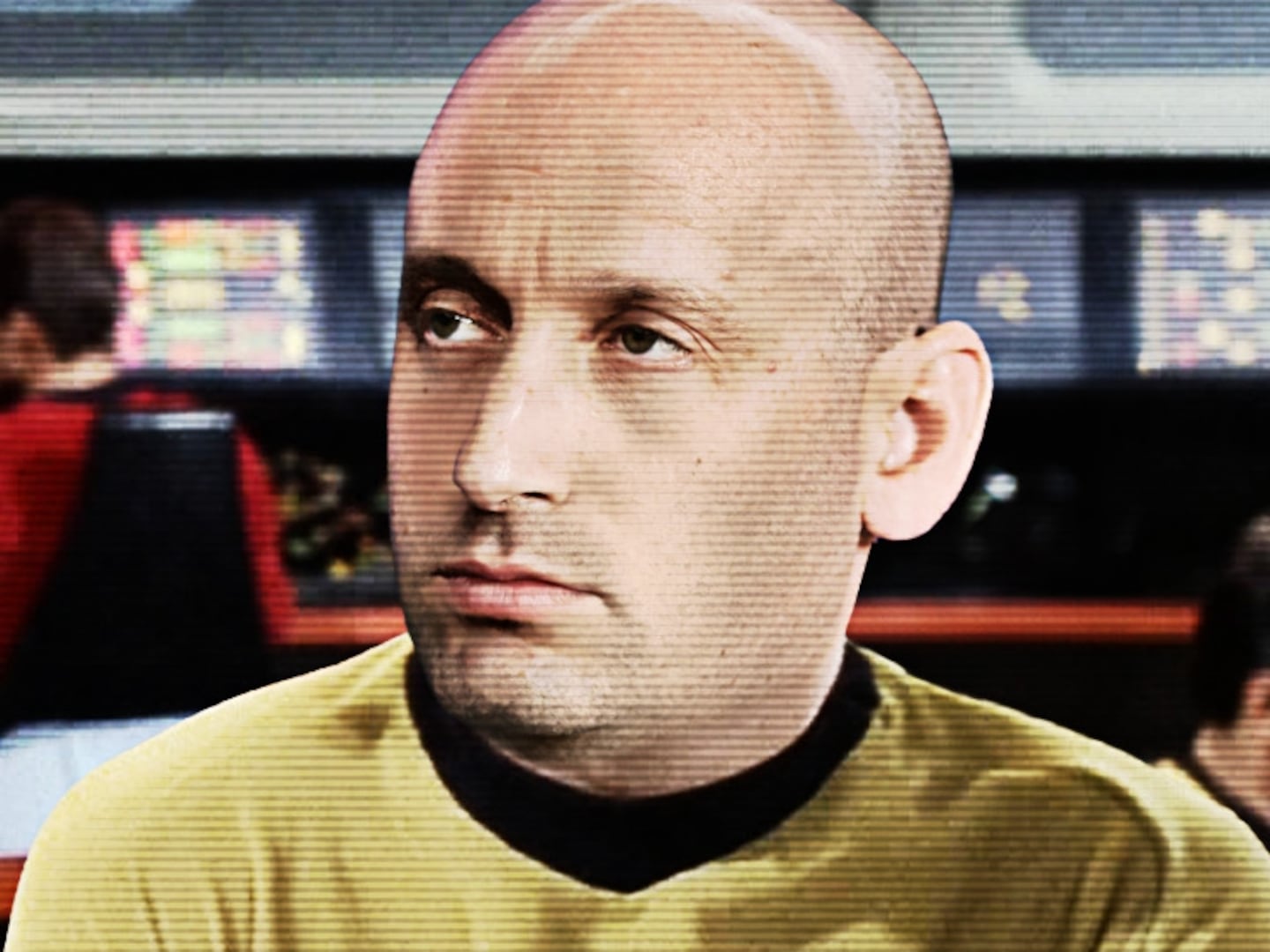
You’ve helped to found a new field of study, the history of reading. How did that come about?
Sure. The history of reading is a Princeton specialty in its origins. Much of the credit goes back to Robert Darnton, my wonderful colleague. In the ’70s and ’80s he was redefining the field of the history of books by looking at the history of this wonderful 18th-century Swiss publishing house, Société Typographique de Neuchâtel. He wrote a series of books and articles that transformed the way we thought about the history of publishing, making it far richer and more human, connecting it to the history of literature. In his famous book, The Great Cat Massacre, he has a fascinating chapter on the way in which readers responded to Rousseau, which argued for a new kind of reading. He also wrote an important methodological piece called “First Steps in the History of Reading.” I had been working, since I was a student, on Renaissance philologists, who interpreted texts, and on humanists as teachers, and how they introduced their students to the craft of reading in their classrooms. So I was used to working with annotated books and manuscripts—records of teaching. I found myself wondering if it might be possible to shift from reconstructing formal teaching to the reading of educated men (and, as we now know, more educated women than we had previously thought in the ’80s). At that point Lisa Jardine, with whom I’d written a book on humanist education, came to Princeton as a visitor, and we both began looking at a copy of a book by the Roman historian Livy, which was on deposit at the Princeton library. It had been heavily annotated by an English scholar, Gabriel Harvey, a Cambridge professor of Greek and a friend of Edmund Spenser. First we noticed that he had wonderful handwriting, which was a great designation. My teacher Arnaldo Momigliano used to say, “A great man with good handwriting is twice a great man.” We also noticed that he made a lot of explicit comments about the way he read the text: he set the scene, he made clear that he was a kind of professional reader who worked with members of the elite, he would draw political lessons from the text. So we started digging. By the end of Jardine’s time in Princeton we had prepared an article about how Gabriel Harvey read his Livy. That eventually appeared in Past & Present. That was the one piece, more than any other I think, that sparked interest in the history of reading. Since then work has gone off in all sorts of directions, but I think our vision, that you could see this man reading an ancient Roman text and using it as a kind of map for the politics of 1590s England, that this was a powerful kind of reading, continues to have some life in it. I’ve never stopped doing the history of reading since then.
I’ve asked this question of Stephen Greenblatt, Martin Kemp, and Christopher Celenza, and I’m curious of your response. I came across a note that stated that Leonardo da Vinci owned 118 books by the time he died, which was a very good number for the early 16th century, but I cannot find an itemized list. What do you think would have featured in the library of a well-read 16th-century Italian thinker and artist, and what “classical” texts would not have featured (because they were not yet known) that might surprise us?
That’s a really good question! Lots of things that now seem canonical would not have been accessible to Leonardo, who was not that proficient in Latin. There were many things only in Greek in his lifetime, or not all that readable in their first translations. I don’t know how many people really “got” Thucydides, reading it in Lorenzo Valla’s first translation. I do think that Leonardo was more of a reader than he is credited with being. I’ve always been fascinated with his idea that he wanted to create a version of Ptolemy’s Geography for the human body, and by the way in which he clearly had read Alberti’s work, and wrestled with it. It’s clear that it wasn’t just annotation of his own thoughts; he also was responding to what he has read.
Have you ever taught a dedicated class to reading all of the texts that 16th-century humanists would have read for their education?
No, I’ve never tried that, but Jim Ackerman did some interesting work many years ago, trying to reconstruct what he called “The Architect’s Bookshelf.” I don’t know if he ever published the results, but I was involved in a workshop on the subject that was very enjoyable.
You wrote a book on Leon Battista Alberti. How did you choose him as a subject, seeing as he is rather overlooked, and how do your subjects generally announce themselves to you?
My subjects announce themselves in the strangest possible ways. My favorites are the ones I find by falling down rabbit holes, which is how I found one of my current topics, connecting of The Last Supper and the Passover seder in the Renaissance. I like to pull a string, and suddenly find that enough stuff has fallen in my head. That’s my preeminent method: let stuff fall on my head and then try to crawl out and put some order to it.
Of all the courses you’ve ever taught, do you have a favorite?
Yeah, I would say my favorite is one I teach almost every year for undergraduates on historiography, a seminar in which we read a range of recent work, trying to see the main directions of historical writing in the 20th and 21st century. The students really learn to read, criticize, and reimagine works of history. It’s a little like graduate school, where they learn a hermeneutic of suspicion. They learn to be very sharp and critical. They are usually writing senior theses themselves, which forces them to really consider what goes into constructing a large-scale argument from sources. I just love seeing them change rapidly from people who read for information, to people who are really thinking about what a source is doing at a certain point in a text, how an argument is crafted and articulated.
Describe your morning routine.
Absolutely. When I want to write, at home, I get up about 5, make coffee, slowly begin to be conscious. I’ll do a fair amount of other work, check email and Facebook and news sites, then I’ll bring my wife coffee and read the newspaper. It’s a long day’s reaching consciousness. By 8 I like to be at the computer and I like to write until about noon.
Do you like to map out your books ahead of time, or just let it flow?
I write my first draft on the computer. I used to write everything out by hand, but just don’t have the time, patience, or legible handwriting to make that possible anymore. I like to write quickly, so in ideal conditions I’ll have done a lot of research, made a lot of notes, before I sit down. But I don’t do an outline. By the time I could do an outline, I’ll already know what I need to say, so I’ll just sit and write.
What do you need to have produced/completed in order to feel that you’ve had a productive writing day?
If I’m writing full-time I’ll get about 3,500 words per morning, four mornings a week.
Wow, that is amazing. I’ve done over 50 of these interviews now, and the vast majority of writers aim for 1,000 words a day. 3,500 per morning is quite something.
Well, I’m sure that their 1,000 is better than my 3,500, but this is just the way I do it. I always start by rapidly revising what I wrote the day before. So it’s very quick writing, and it takes a lot of revision, but this is the way I write chapters of my books.
What is a distinctive habit or affectation of yours?
With relation to writing, I have a couple. One comes to me from Mr. Hyde, my wonderful English teacher at Andover. He started each term with a trick, for example saying, “Gentlemen, this term you will learn to write without the passive voice. Please use the passive voice. As soon you do, I will stop reading your paper and give you an F, so you will be saving me time!” His point was not that we should never use the passive voice, but never to do so without thinking. This was a wonderful way of inculcating that principle. I still feel a pang of guilt when I use the passive voice. So I try for a very active style of identified subjects doing clear things to identified objects.
One of my favorite teachers at Choate, Mr. Yankus, had a similar warning against using the verb “to be” in any essay. Maybe there’s something about boarding-school English teachers that they’ve all agreed on the same teaching tactics.
That was the second term with Mr. Hyde: “Gentlemen, now you will learn to write without the verb to be!”
Is there anything distinctive or unusual about your work space?
Well. yes. I’m looking at a full-sized replica of Agostino Ramelli’s bookwheel, on which I keep my dictionaries, and which fills about half of the small study in which I write. This was made for an exhibit at the New York Public Library in 1992. They had no room for it, so I managed to get it. I can spin my chair from my MacBook Air on which I write to the many dictionaries I depend on for reference. I’ve also got, you know, a crocodile hanging from the ceiling, a skull, a scale, an hourglass—my wife is working towards making my study into a little wunderkammer.
You’d be astonished at how many writers I interview have crocodiles hanging from the ceiling of their studies …
There’s this wonderful verb in German that means “to hedgehog yourself in.” That’s kind of what I do to write.
Do you have any superstitions?
My main superstition is that when I’m writing a piece for a review, like The New York Review, I like to write the draft in one day. I don’t feel right if I can’t do that, writing it all in one sitting.
What is guaranteed to make you laugh?
Any sign of really good student humor, particularly at my expense. One favorite example: a more literary student paper noted something mentioned in class: “We all love Professor Grafton, but we do worry that his head is going to fall off, and we’ll all be crushed to death.” It’s true, I have a great, mighty head, so I can understand the concern.
What is guaranteed to make you cry?
Deeply powerful work by undergraduates. When an undergraduate does something extraordinary and revelatory, my eyes do get wet.
What is your favorite snack?
I try not to! I try to stick to diet soda.
What phrase do you over-use?
I overuse “great,” “for example,” and a lot of those little phrases that you stick into sentences that you insert to give the appearance of rhythm, instead of real rhythm.
Tell us a funny story related to a book tour or book event.
I’ve practically never had a book event. They sound to me like a tragedy, not a comedy. I’ve been invited to bookstore events, but I only ever do them at the local store in Princeton, because I know that some people will come. I have so much dread from accounts I’ve read about book events where no one shows up, to empty seats …
Tell us something about yourself that is largely unknown and perhaps surprising.
I suspect most of my readers would not expect that I’m one of the faculty advisers for ROTC at Princeton. I got there because my son, in his last year at college, was faced with 9/11, and decided to join the Marines. He served with them for nine years. He was the first military person in our family since my grandfather, who was a cavalryman for the czar.
In your latest book, the colossal tome The Classical Tradition, is there one entry that is a particular favorite of yours?
Oh, boy! Yeah, I really like the Asterix entry. Of my own, I’d recommend the one on Commentary.
What would you like carved onto your tombstone?
“He was a pretty good teacher.”
This interview has been edited and condensed.






